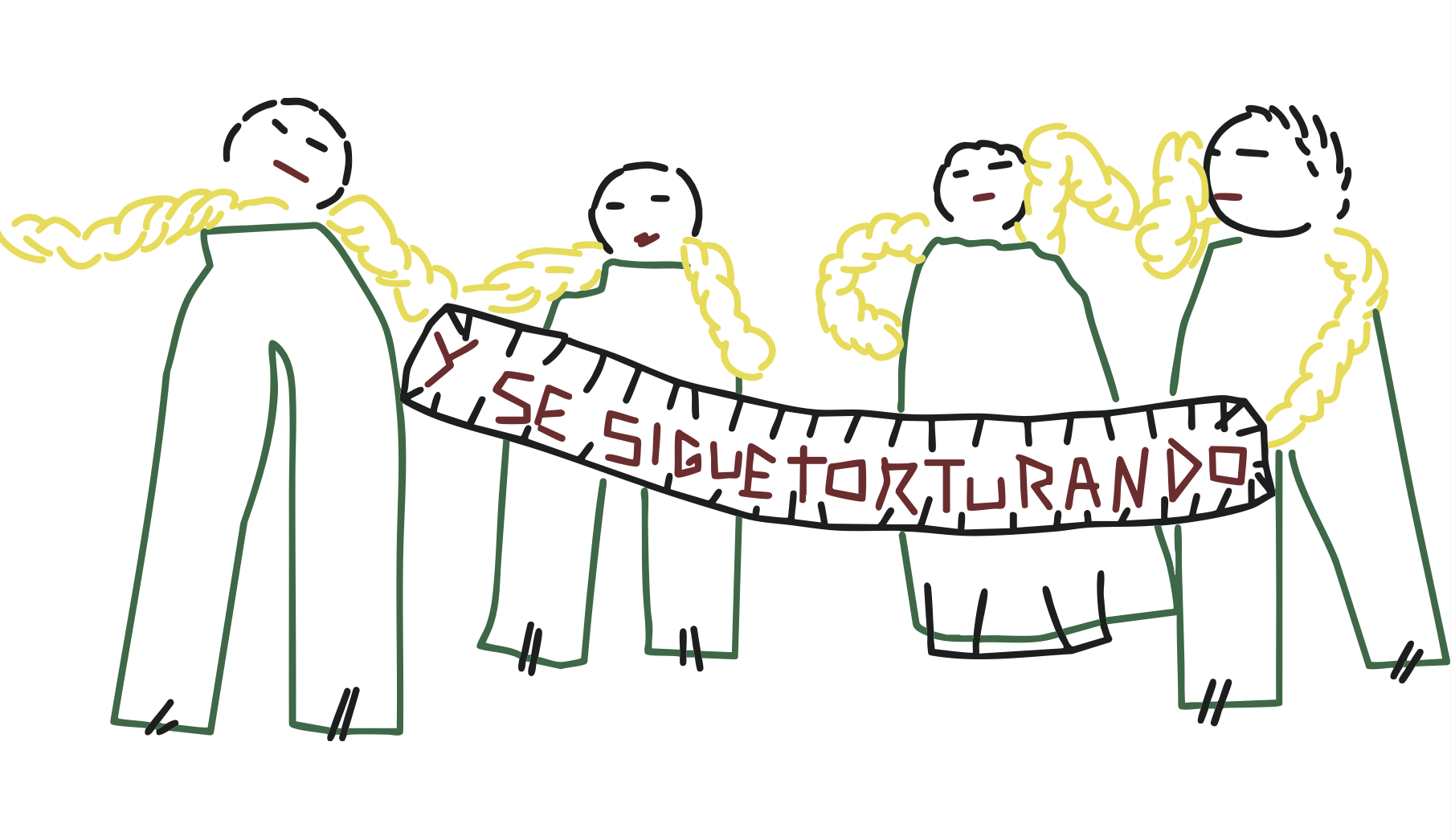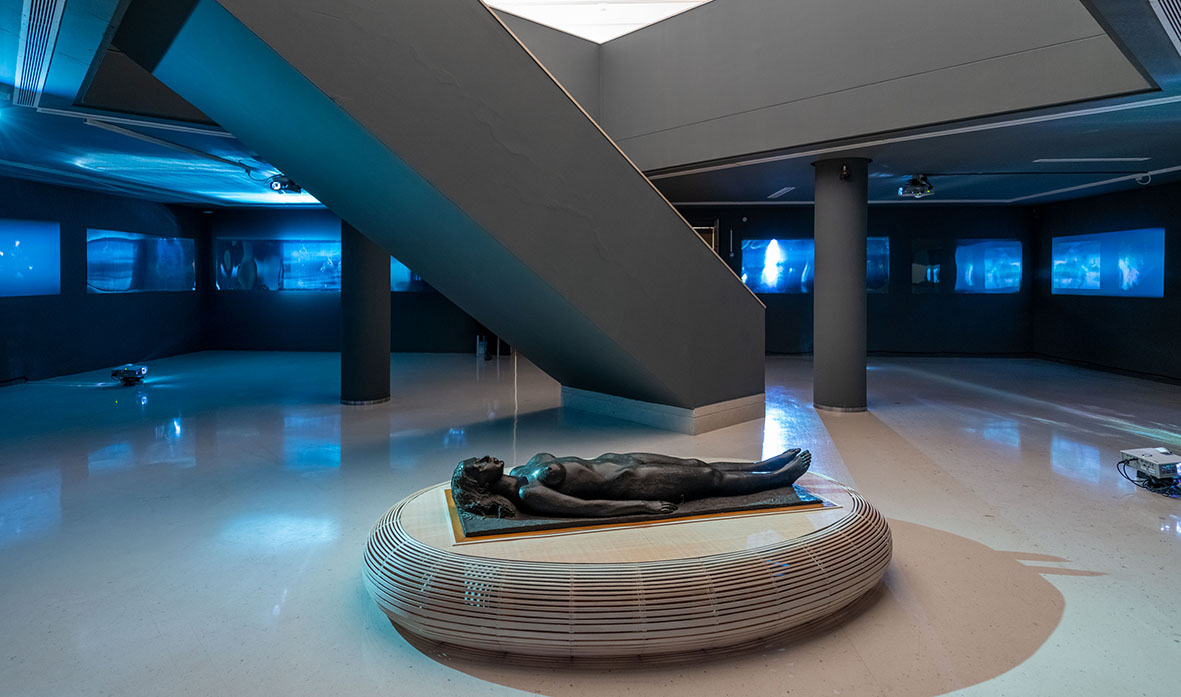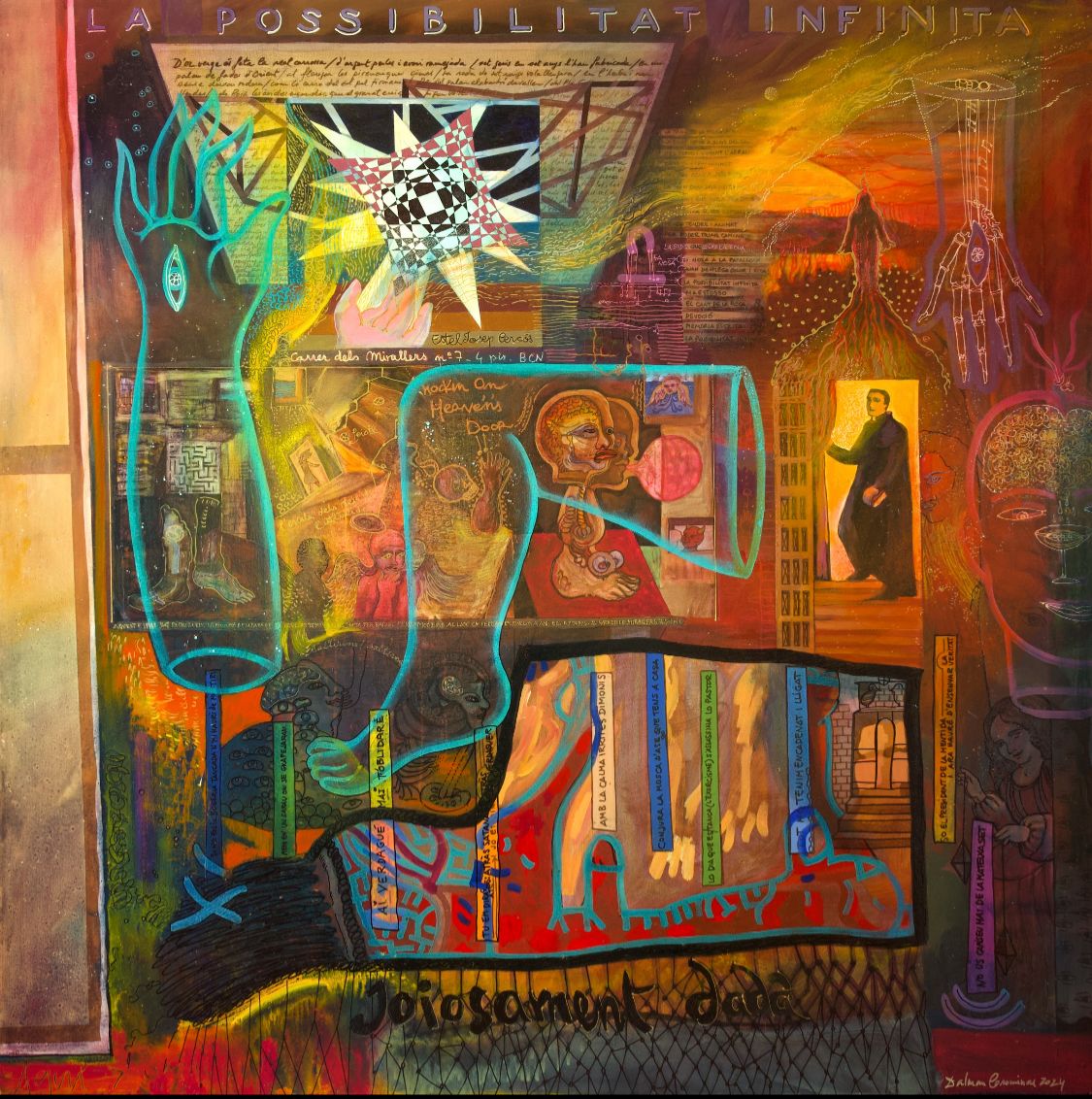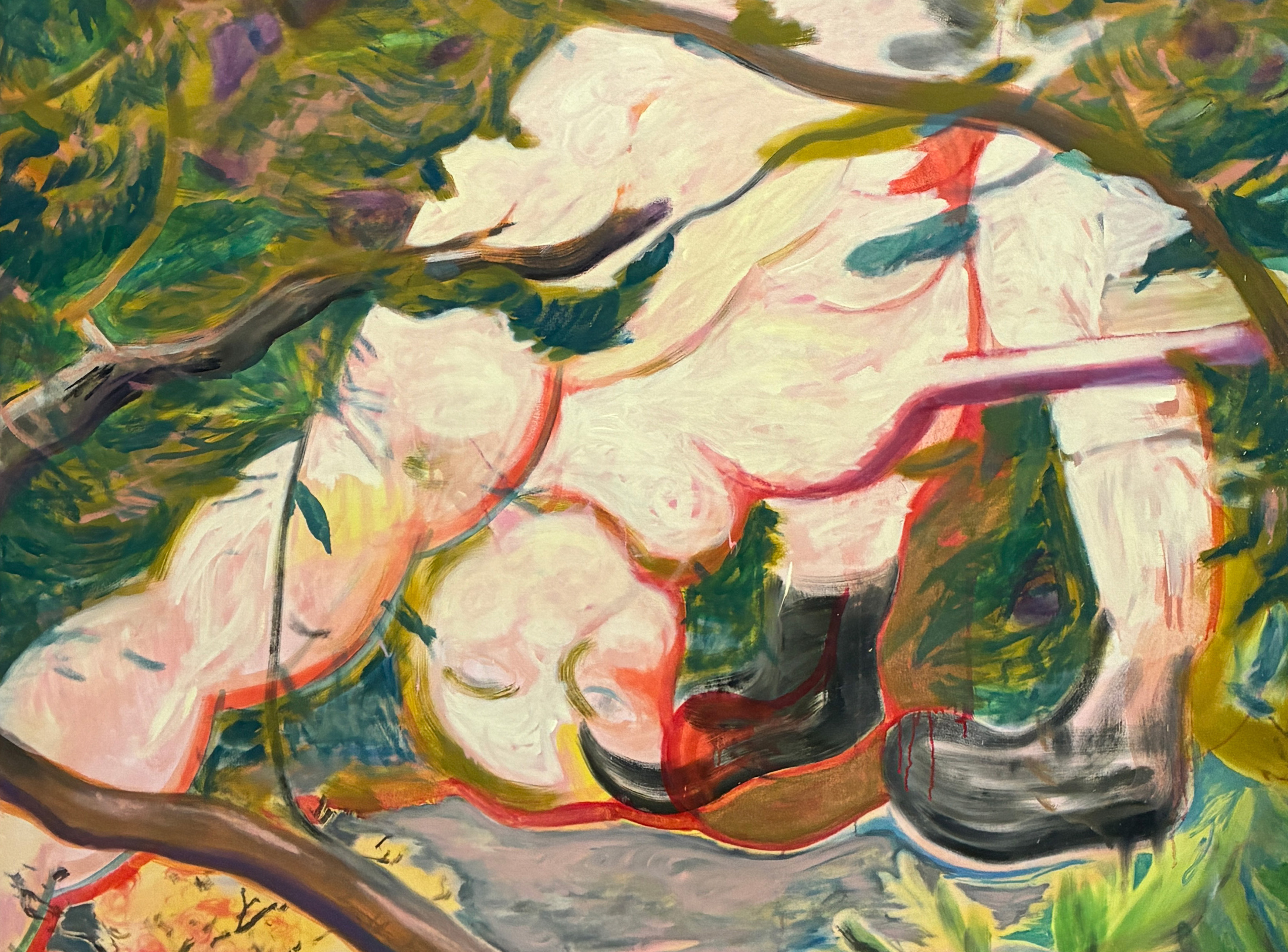Exhibitions
Dictatorship stories: weaving memory and resistance
An exhibition at the Palau Robert that unites female voices through arpilleras, a visual language of denunciation and hope in the face of repression.
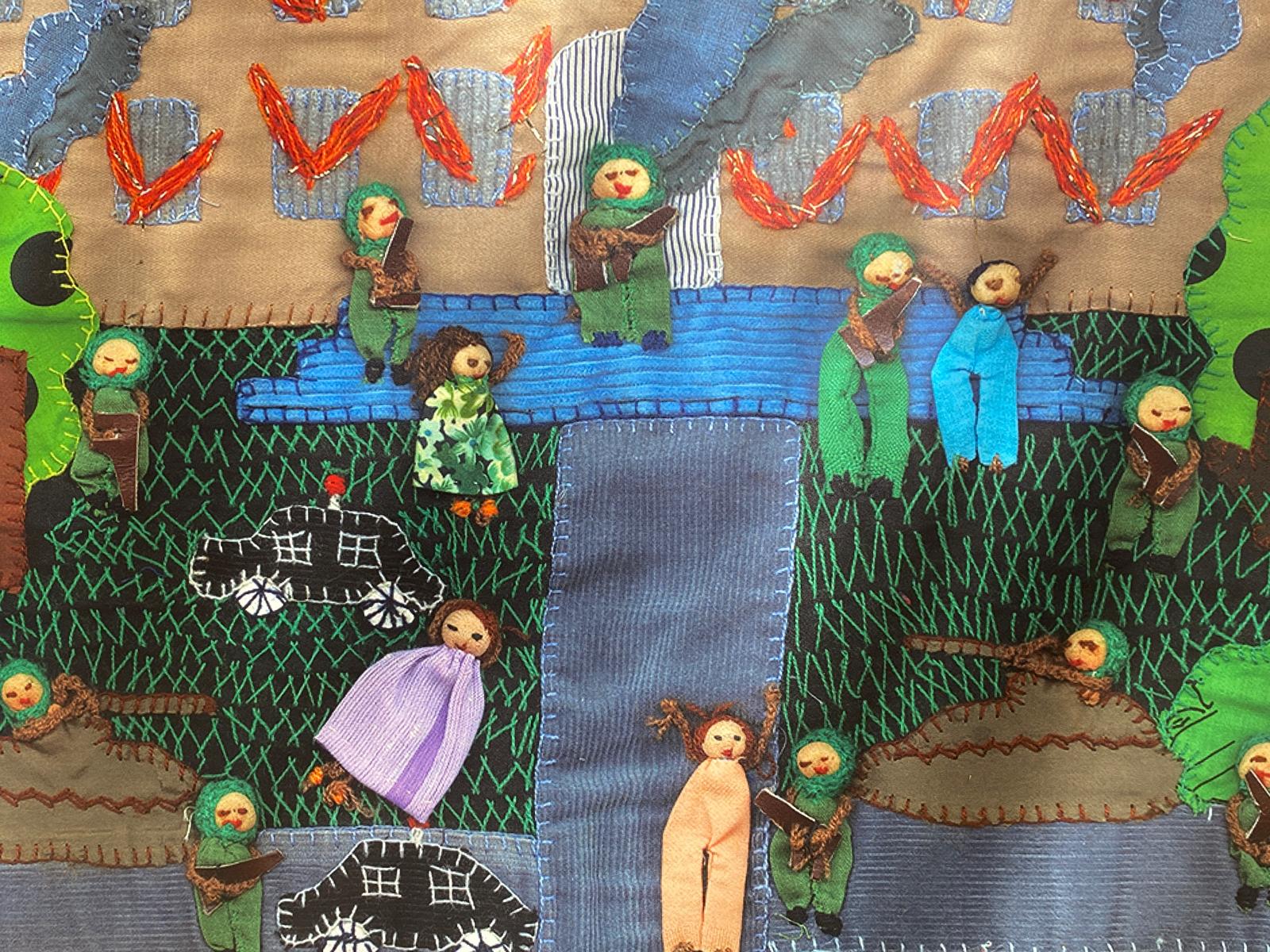
Shortly after the military coup in Chile, circles of women linked to people who had been detained, disappeared or retaliated against began to express the violence suffered through arpilleras: tapestries made with fabrics, wool and embroidery that became essential witnesses to life under the dictatorship. Now, the Palau Robert in Barcelona is hosting Dictatorship Stories, an exhibition — the result of a collaboration between the Ministry of Foreign Affairs , the Embassy of Chile and the Museum of Memory and Human Rights in Santiago — that brings together these works that explain, with simplicity and force, two realities that have profoundly marked the country's history: repression and the fight for democracy.
The work of the arpilleras was born in workshops promoted by the Committee for Peace in Chile and, later, by the Vicariate of Solidarity . The common thread is not only denunciation, but also survival, community warmth and the creation of a shared space. Over time, the initiative extends beyond Santiago, reaching cities such as Linares, Talca or Valdivia, and areas where repression is even harsher due to isolation. In these rural communities, the PIDEE Foundation (Protection of Children Damaged by States of Emergency) organizes new workshops designed for mothers who, in addition to loss, have to face anguish without resources or institutional support. The creation of arpilleras thus becomes a collective tool for healing, expression and resistance, where each piece of clothing narrates a part of this shared memory.

The official opening ceremony of the exhibition today featured a central dialogue that brought together three key voices in the field of democratic memory: Ramon Espadaler , Minister of Justice and Democratic Quality of the Generalitat of Catalonia; Fernando Martínez López , Secretary of State for Democratic Memory of the Government of Spain; and Daniela Quintanilla Mateff , Undersecretary of Human Rights of the Government of Chile. Moderated by Carmina Gustrán , commissioner for the commemoration of 50 years of Spain in freedom, they spoke about the fundamental role of memory policies in the consolidation of democratic, just and inclusive societies.
The first question addressed the need for memory policies and their role in building a democracy that respects human rights. Daniela Quintanilla Mateff invited us to understand memory not as a single narrative, but as a complex fabric of collective and diverse memories, which connect individual and community experiences. For her, memory is the soul of a people that, beyond suffering, rises and dreams of a different life, with women as essential protagonists in this generational shift and in the construction of a profound and hopeful story. Fernando Martínez López, for his part, stressed that memory is inseparable from democracy, focusing on the victims of repressive regimes as the center of any public memory policy. His experience from the Spanish administration has shown that remembering and dignifying the past is an essential moral obligation to avoid repeating mistakes. He also stressed the importance of introducing this memory into education so that new generations know and understand what happened in dark times in history.
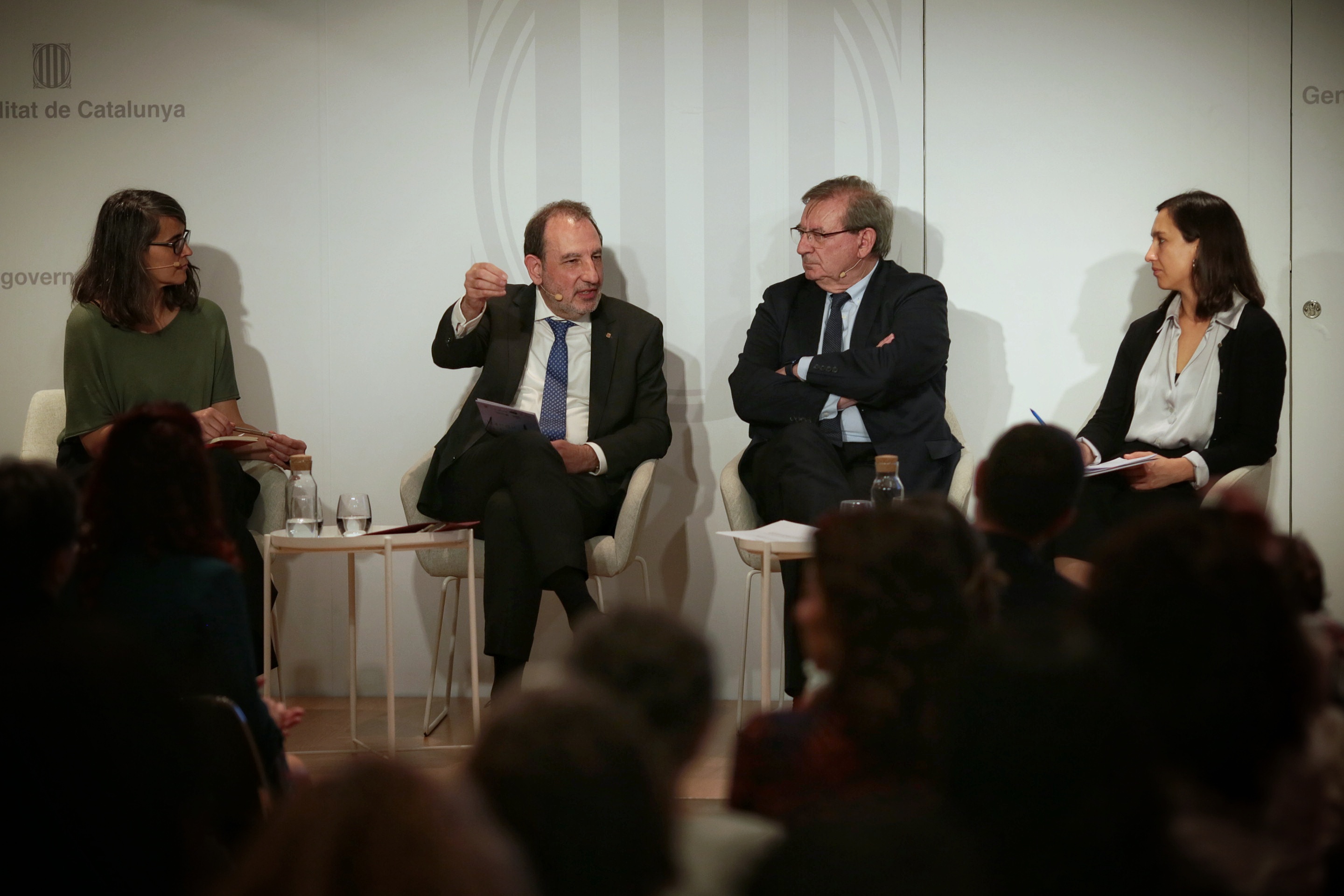 Carmina Gustrán, Ramon Espadaler, Fernando Martínez López i Daniela Quintanilla Mateff durant el diàleg inaugural de l’exposició.
Carmina Gustrán, Ramon Espadaler, Fernando Martínez López i Daniela Quintanilla Mateff durant el diàleg inaugural de l’exposició.
Ramon Espadaler added that democratic memory cannot be left in the hands of memorialist entities alone, but must be a public policy with a strong ethical and transversal commitment . Transmission to young people is an urgent challenge, especially considering the apathy or indifference that recent studies reveal. The government of the Generalitat is working on a new law on democratic memory that puts education at the forefront and that advocates close collaboration with the non-governmental sector and the victims.
The second issue raised the question of how to ensure that these policies remain on the sidelines of political change. All three agreed on the fragility of public resources and the need to forge alliances with civil society, universities, businesses and the international arena to guarantee the continuity of memory policies . They also highlighted the strength of anniversaries and commemorations as key moments to reinforce remembrance and reflection, and to connect memory and human rights with a plural and rigorous perspective.
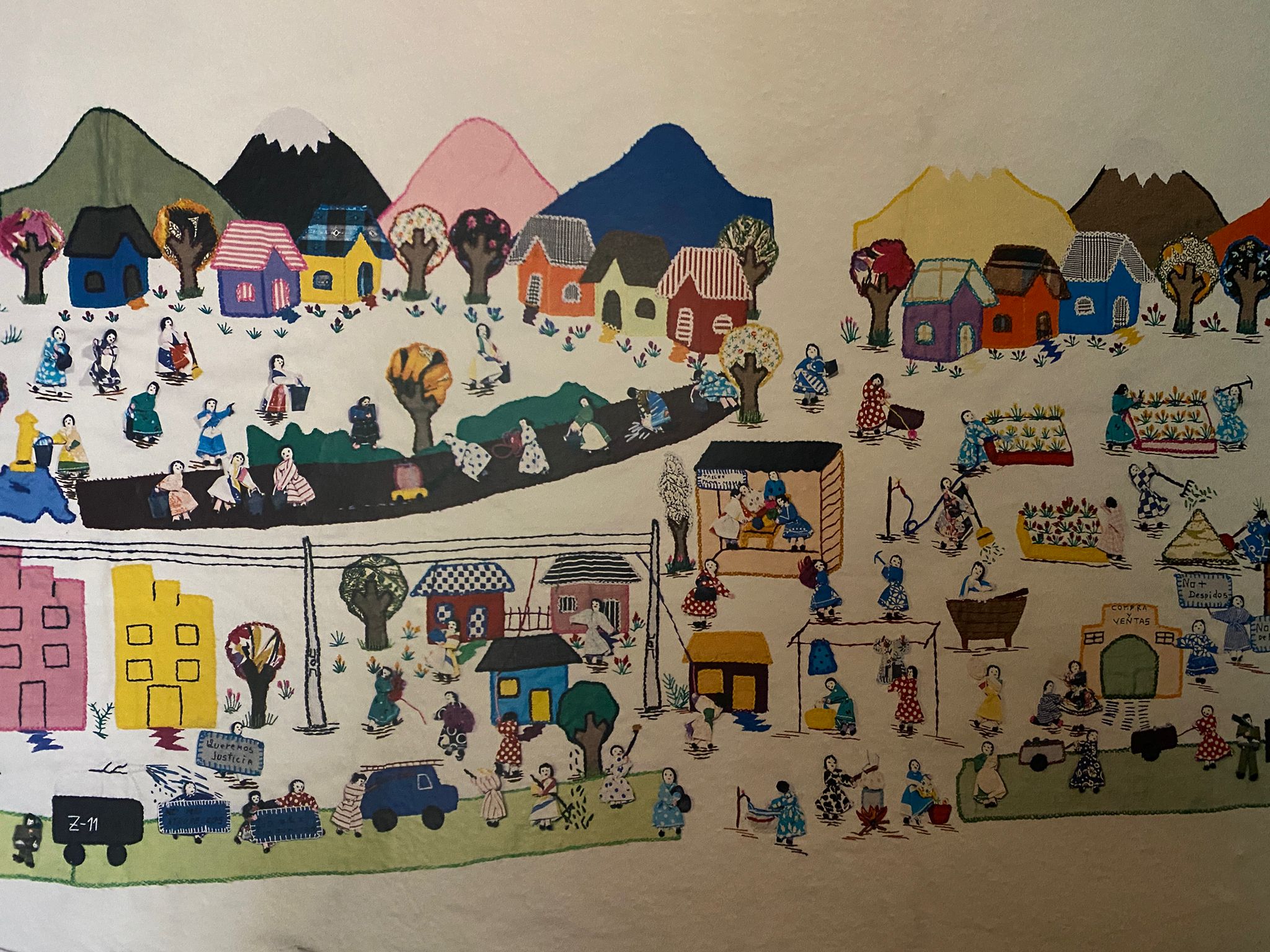
Dictatorship Stories, which can be visited at the Palau Robert until August 31, not only shows the works but also wants to generate debate and reflection. For this reason, starting today and for five days, parallel sessions are being organized with round tables and activities aimed at collectively thinking about memory, justice and reparation. The debates will address topics such as the role of women in the construction of democratic memory, the wounds still open by repression and the importance of memory spaces as instruments of resistance. Prominent voices from Chile who have experienced these processes firsthand will participate: arpilleristas, artists, human rights lawyers, presidents of associations that fight for the memory of the victims, museum directors and survivors.
Dictatorship Stories is, therefore, an invitation to listen attentively to voices often ignored and to understand how art becomes a powerful tool of struggle and reconstruction. At the Palau Robert, the capacity of creativity to shape collective memory and to open spaces for dialogue where the commitment to justice, dignity and the defense of human rights is reaffirmed is highlighted.
